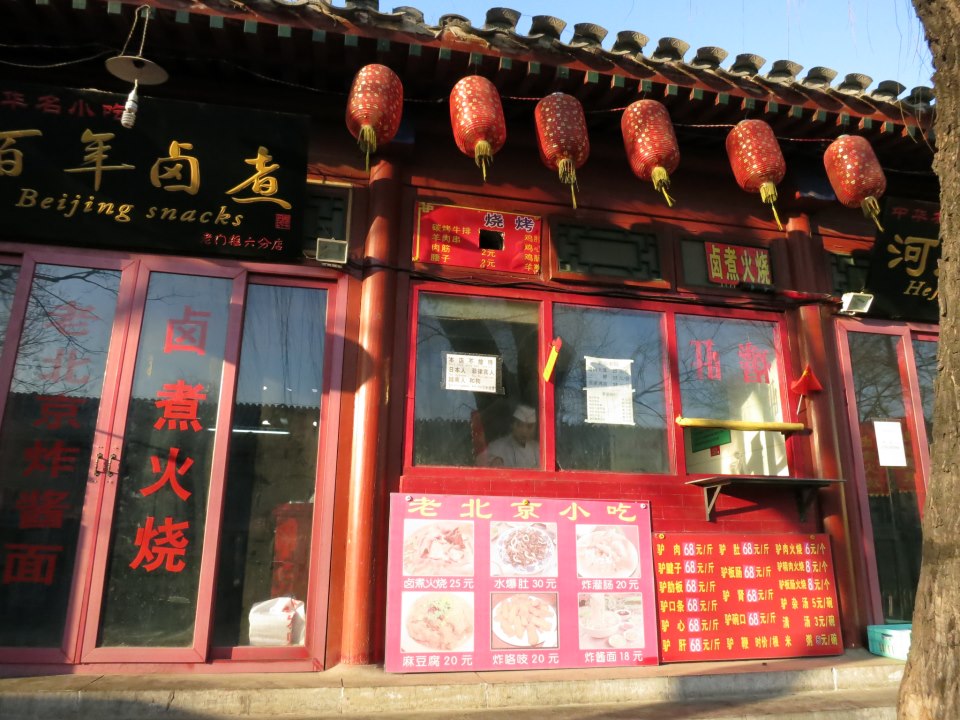Restaurant owner removes racist sign
Global Times | 2013-2-28 0:33:01 (nota: Le 28 à Oh33 et 1 seconde !)
By
Yin Yeping
A Beijing restaurant which had hung a sign banning Japanese, Filipinos, Vietnamese and dogs from its premises has taken it down Wednesday.
The picture of the sign went viral on social media sites after tourist and blogger Rose Tang posted a picture during a stay in Beijing in February.
The original photo was taken on February 21 at Bainian Luzhu, a restaurant on Qianhai Xijie in Xicheng district specializing in pigs' offal dishes, according to Tang's Facebook page. The sign reads "This shop does not receive The Japanese, The Philippines [sic], The Vietnamese and dog."
Tang describes herself as an unemployed housewife from Brooklyn, US. So far, her picture has drawn hundreds of comments and reposts on Facebook and Sina microblogs, where most web users were against it, but Tang could not be reached for comment Wednesday.
At the restaurant Wednesday, the sign was no longer there. The establishment is small with only about five tables.
A waiter in the restaurant confirmed that the sign was put on the window.
"It's a patriotic action," he said, claiming the sign had already been taken down before the Spring Festival.
The owner of the restaurant surnamed Lü, said that they put the sign on the window in September 2012, when people were expressing their anger toward Japan following its nationalization of the Diaoyu Islands.
"I just didn't want to serve Japanese. Am I not allowed to do that?" he said. When asked why he had included Vietnamese and Filipino people in the sign, Lü did not comment.
A Web user named Yinghuafenfei showed her concern over the sign on her Sina microblog.
"Although these countries all have had territorial disputes with China, people shouldn't be so extreme about this," she posted.
"Given that Beijing is an international city, I wonder how expats would look at us now after this," she wrote.
A customer at the restaurant surnamed Liu, said he did not know about this sign.
"There were disputes between China and the neighboring countries and people have the right to express their feelings over the border disputes," he said.
"But still, the restaurant should be more sensible when expressing these viewpoints," said Liu, who added that the sign would not stop him from dining there.
The photo also appeared on Wednesday's Tuoi Tre newspaper, which has one of the biggest readerships in Vietnam.
During the anti-Japanese protests in Beijing in September 2012, a number of Japanese restaurants along Lucky Street, Chaoyang district, near the Japanese embassy, hung signs outside saying they were Chinese-owned.
One nearby Chinese restaurant had a sign saying "pet dogs welcome, but not Japanese dogs," according to Canadian newspaper The Globe and Mail on September 16, 2012.



 LinkBack URL
LinkBack URL About LinkBacks
About LinkBacks






 Répondre avec citation
Répondre avec citation



